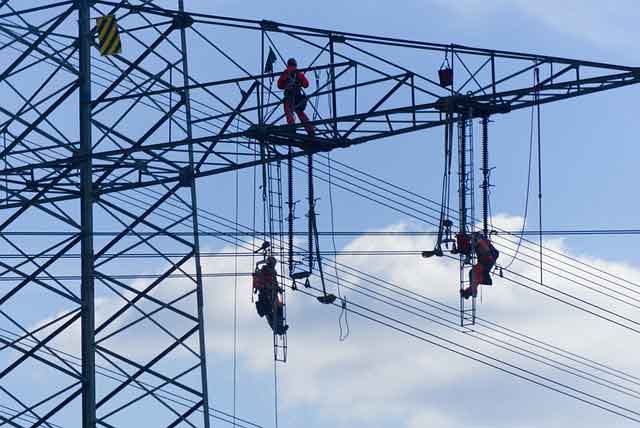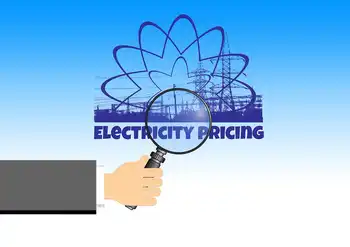DIRTT activates photovoltaic system
Located on the roof of DIRTT Environmental Solutions's office and factory in Alberta, Canada, the system will save the sustainable interior construction firm $7,400 in electricity bills each year. Sixty solar PV modules will generate approximately 12,000 kilowatt hours of solar energy each year. That represents 10 percent of the city's total solar energy output, or enough to power 161 computers.
"Sure, solar energy is going to pay for itself over the years," says DIRTT CEO Mogens Smed. "But that's not the point of it. It's the right thing for businesses to do. Solar is a readily available, pollution-free source of electricity and it is an environmental crime for others not to get onboard."
Solar PV systems convert light to electricity, and DIRTT's will be generating enough to displace approximately 12 metric tonnes (or 13 tons) of carbon dioxide emissions each year from Alberta's coal-based electricity combustion system, according to the non-profit Pembina Institute. Tim Weis, the institute's director of renewable energy and efficiency, says the 10.5 kilowatt system will also prevent the equivalent of nearly five metric tonnes of coal from being burned each year.
DIRTT got its start manufacturing modular architectural solutions in May 2005, and is now one of the leading movable wall manufacturers in North America. Its headquarters is one of only two commercial spaces in Calgary powered by solar technology.
Related News

A resilient Germany is weathering the energy crunch
BERLIN - German industry and society are once again proving much more resilient and adaptable than certain people feared. Horror scenarios of a dangerous energy rationing or a massive slump in our economy have often been bandied about. But we are nowhere near that. With a challenging year just behind us, this is good news — not only for Germany, but also for Europe.
Companies and households reacted swiftly to the sharp increases in energy prices. They installed more efficient heating or production facilities, switched to alternatives and imported intermediate products. The results are encouraging: German households and businesses have reduced…





